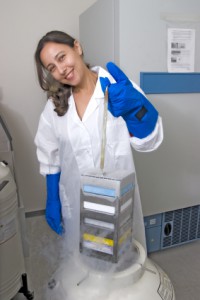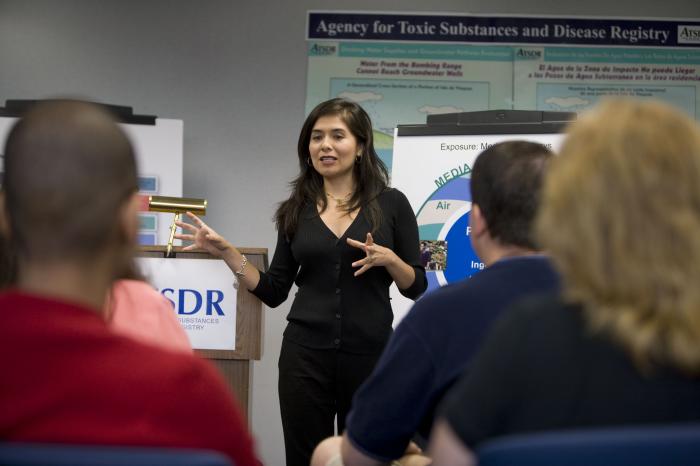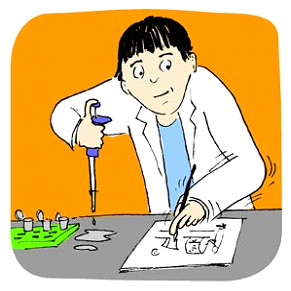 As a recruiter, I look at resumes every single day. It’s part of my job. A good resume will get your information passed on to a hiring manager, and a bad one will end up in a rejection pile. A candidate could be a perfect fit for the job, but if the resume does not reflect HOW they are a perfect fit, they will not get moved forward in the interview process.
As a recruiter, I look at resumes every single day. It’s part of my job. A good resume will get your information passed on to a hiring manager, and a bad one will end up in a rejection pile. A candidate could be a perfect fit for the job, but if the resume does not reflect HOW they are a perfect fit, they will not get moved forward in the interview process.
I write this blog with the caveat that I am not the end-all, be-all for resumes. You can do research and find many different ways to write a resume, advice on what to do, and examples galore. I am writing this with my preference in mind; I have been a recruiter for over a decade and have seen more resumes that you can imagine. I find that these basic do’s and don’ts apply to many different professions.
DO
- Change your resume based upon the position that you are applying for. If you have an objective, the objective should somehow tie into the position you are submitting your resume to. If your objective is very broad and can apply to many different areas, that should be fine. However, if your objective reads “To find employment as a Research and Development Scientist” and you are applying for a Production Scientist position, you should change it.
- List your work history in reverse chronological order. Your most current job should be at the top.
- If you are applying for a position where education is the most important thing to consider for the recruiter/hiring manager, then list it first. This will also apply to a recent graduate. For any other type of resume submission, put your education below your work experience.
- Be very specific in your accomplishments. This is your opportunity to brag about your work experience. If you were the #1 sales person in the country, list it on your resume.
- Be quantitative. Specifically list numbers in your descriptions. “Increased sales by 10%”, or “Managed a team of 5” sounds a lot better than “Increased sales substantially” or “Managed a team”.
DON’TS
- Don’t try to fit it into one page. This is an old guideline that is somehow still being used. If you can’t fit it into one page, don’t try. You want your resume to outline as much as possible about your work experience, so don’t try to limit to fit it all in.
- Don’t make it 10 pages either. Recruiters (and most hiring managers) will stop looking after about page 2. Keep it concise.
- Don’t write in paragraphs. Write concise statements (bullets are good) with duties and responsibilities at jobs.
- Don’t list all the things that you have done in your previous positions at the top of your resume, and then list your work history below it. Your duties and responsibilities should coincide with the places you have worked.
- Don’t forget to proofread!
Like this:
Like Loading...
 As an HR professional, I attend different seminars and conferences to obtain credits for my HR certification. We had a SHRM (Society for Human Resources Management) state conference last week, and I learned all kinds of new strategies involving recruitment, succession planning, employee engagement and change management. One topic was present in every session I was in: social media. How to recruit through social media, engage employees in social media, and how to maintain your company and personal brand through social media.
As an HR professional, I attend different seminars and conferences to obtain credits for my HR certification. We had a SHRM (Society for Human Resources Management) state conference last week, and I learned all kinds of new strategies involving recruitment, succession planning, employee engagement and change management. One topic was present in every session I was in: social media. How to recruit through social media, engage employees in social media, and how to maintain your company and personal brand through social media.
 As a recruiter, I look at resumes every single day. It’s part of my job. A good resume will get your information passed on to a hiring manager, and a bad one will end up in a rejection pile. A candidate could be a perfect fit for the job, but if the resume does not reflect HOW they are a perfect fit, they will not get moved forward in the interview process.
As a recruiter, I look at resumes every single day. It’s part of my job. A good resume will get your information passed on to a hiring manager, and a bad one will end up in a rejection pile. A candidate could be a perfect fit for the job, but if the resume does not reflect HOW they are a perfect fit, they will not get moved forward in the interview process.



